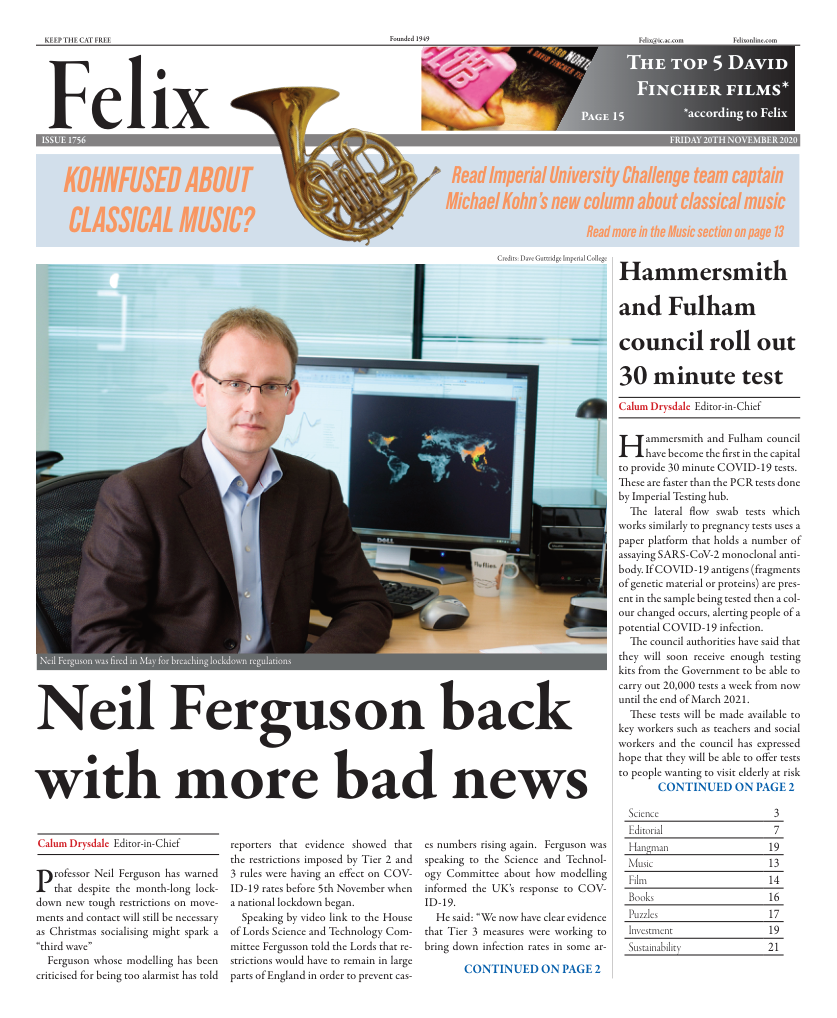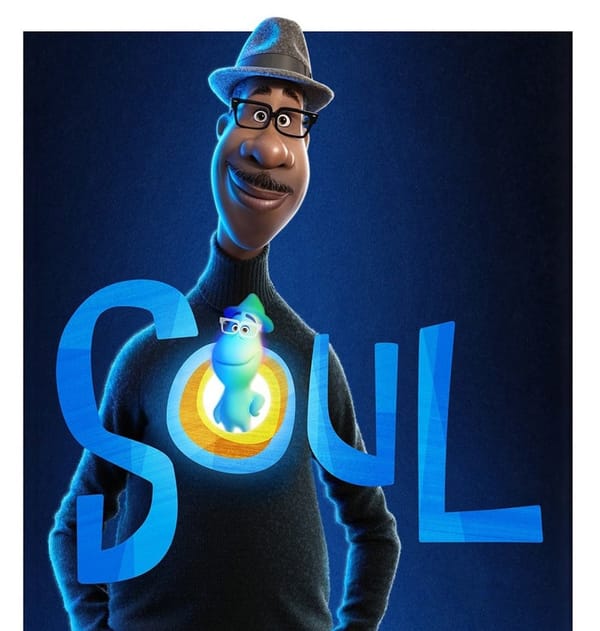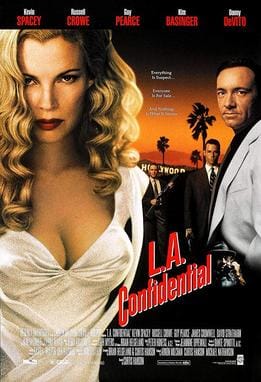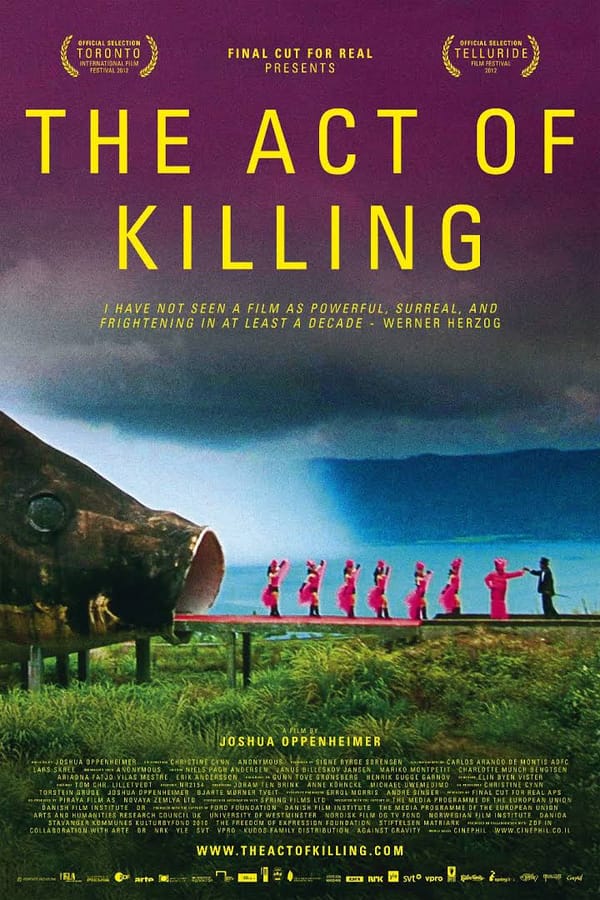David Fincher: Top 5 films
Film editor Oliver Weir brings you David Fincher's greatest hits
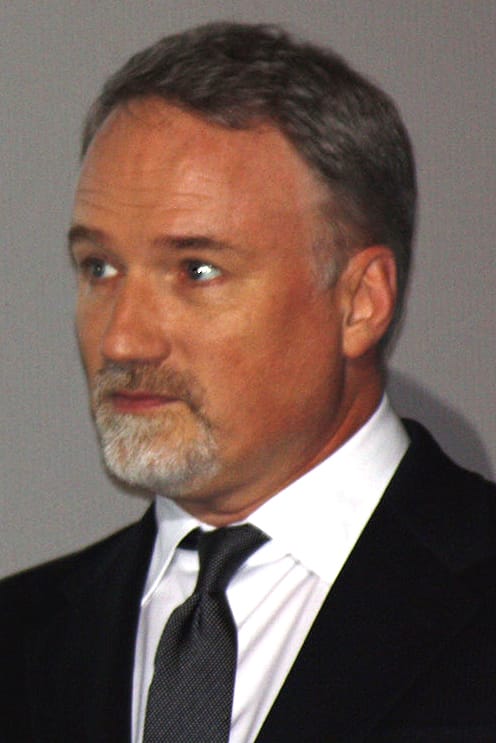
In anticipation of Fincher’s new film Mank, out on 4th December, I’ve compiled the top 5 movies from his illustrious career thus far:
Number 1. Fight Club (1999)
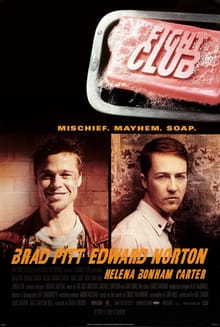
I can’t think of a more fitting end to the twentieth century than a crazed man referred to only as ‘The Narrator’ telling an equally crazed woman: “Trust me, everything is going to be fine... You met me at a very strange time in my life”, as ‘Where is My Mind?’ by The Pixies plays in the background, and skyscrapers holding important records are blown up in a hopeless attempt to erase debt.
With God slain and chucked to the roadside, politicians seen as corrupt and incompetent, and inequities numbed with rampant consumerism, the ‘everyman’ of the twentieth century (played by Edward Norton) has “nothing to overcome, nothing to explore” as Fincher said. He is forced to create an übermensch, called Tyler Durden (Brad Pitt), to create his values. The result is brutal, rebellious, hate-filled, explosive, relieving, and desperate. It is David Fincher’s magnum opus.
Number 2. The Social Network (2010)
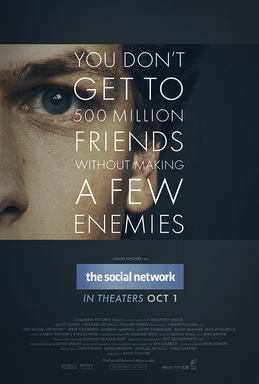
In what is Jesse Eisenberg’s best ever performance, David Fincher—helped by a clinical, fast-paced script by Aaron Sorkin, and some sublime editing by Angus Wall and Kirk Baxter (who both won an Oscar for their work)—creates what could prove to be a modern classic. The wit of the dialogue, the smoothness of the picture, and the slowly-building drama that barely announces its presence, could maybe be overlooked upon first viewing. However, as rewatches reveal, this film is beautifully economical in its plot, and exquisitely sharp in its presentation. It is hard to concisely describe its efficacy, although the word ‘unified’ captures most of it. Every single element, from the central performance to the Oscar-winning soundtrack, feeds into the cold and cynical atmosphere that so often festers in the ranks of prestigious institutions, and in the minds of those too rational for their own good.
Number 3. Se7en (1995)
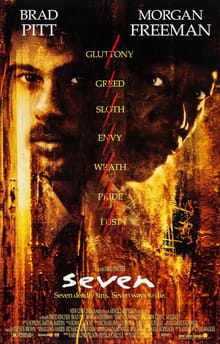
A clumsily-titled crime thriller about two detectives chasing a killer whose crimes take inspiration from the seven deadly sins. The colour palette for this film bears a striking resemblance to the sludge one sees on the banks of the River Thames: it is dark, squalid, feculent, and, well...mesmerizingly disgusting. The more we look, the more we are repulsed. Every plea we make to watch from a distance is denied. Our only options are to either turn the movie off, or to embrace the heinous brutality and pray that whatever was in that Thamesian sludge does not cause lasting damage.
Number 4. Gone Girl (2014)
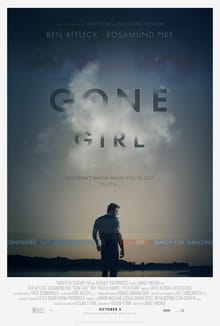
Nick Dunne searches for his wife Amy after she disappears one morning. As the film progresses, we discover that Amy may not be as disentangled from her own disappearance as we previously thought.
The first act is an exquisite, slow burn which tonally feels somewhat similar to Denis Villeneuve’s 2013 film Prisoners. However, this film is not at 3 because of its frankly fanciful resolution. That the FBI and scrupulous police investigators find no holes in Amy’s easily disprovable claims when she returns is incredibly frustrating, especially given how rigorous and detail-oriented the film is up to that point.
Number 5. Zodiac (2007)
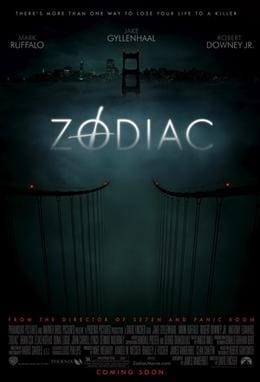
A great movie that shows the Zodiac Killer-terrorised world of 1970s San Francisco Bay Area. While Zodiac is highly effective in absorbing you into the era, the movie’s suspense is contingent on the audience’s prior knowledge of both the killings and of the fate of the key suspects. Those familiar with the case may find that while chewing on the atmosphere for 160 minutes keeps them busy, the flavour does start to fade. However, the “Not many people have basements in California” scene will scare even the hardened true crime enthusiast.

